Picture a scenario where every process, from inventory management to customer interactions, is not just automated but strategically aligned with overarching business goals. The transformative power lies in the meticulous fusion of these elements, propelling your business towards a state of operational excellence that goes beyond routine efficiency gains.
This journey is characterized by a dynamic interplay between insightful decision-making and the implementation of cutting-edge tools. It involves a careful orchestration of resources, where each strategic move is complemented by the deployment of advanced automation technologies, resulting in a harmonious and efficient operation that adapts to the ever-evolving demands of the ecommerce landscape.
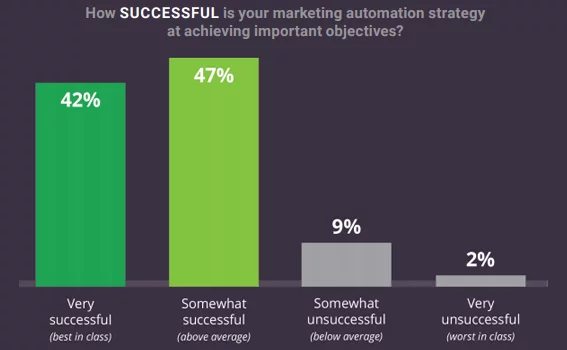
As we dive into the cutting-edge tools of 2024, let’s ground our exploration with compelling statistics. Recent studies highlight a remarkable 22% average increase in operational efficiency for businesses adopting automation technologies. Additionally, those leveraging advanced automation tools report an impressive 30% reduction in manual errors, bringing about substantial cost savings and enhanced overall performance.
Strategies to Automate Ecommerce:
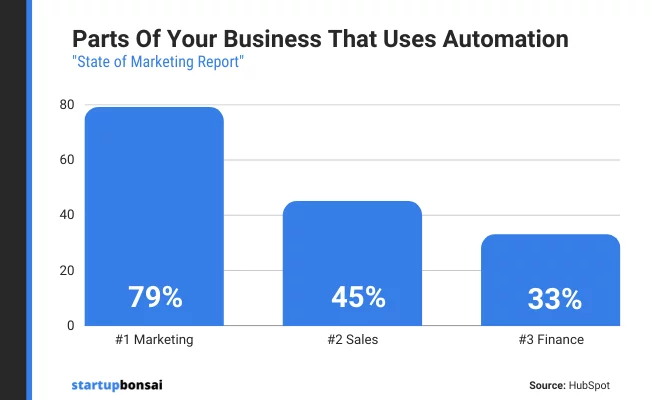
1. Inventory Management: The Foundation of Success
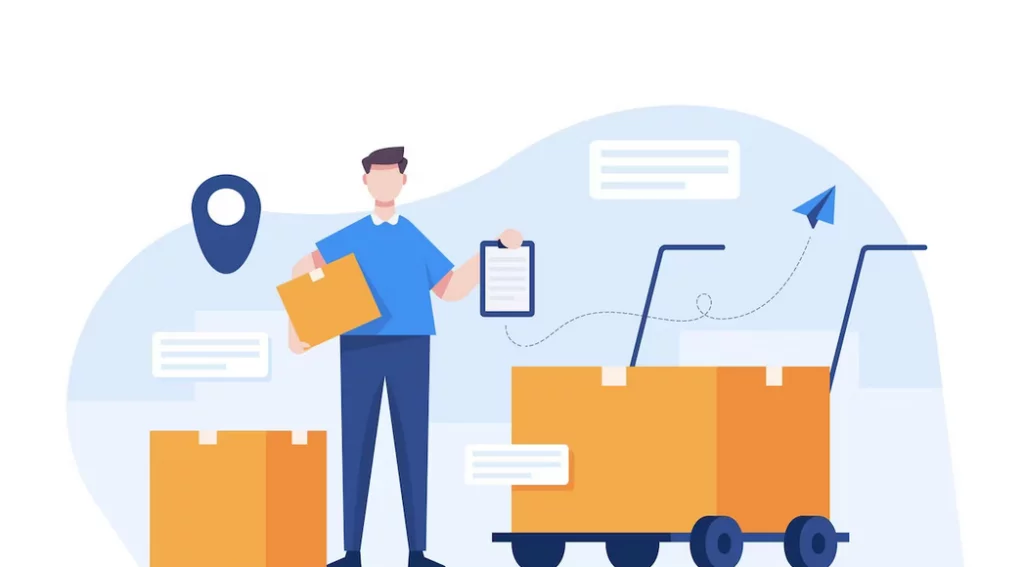
Ensuring the smooth fulfillment of customer orders begins with the foundational step of effective inventory management. The crux of this success lies in real-time inventory updates, serving as a vital component that enables you to monitor current stock levels, track sales, and stay informed about ongoing orders. By adopting this proactive approach, the risk of encountering stockouts and overstock situations is mitigated, safeguarding the reputation of your brand.
Discover the top-tier Ecommerce Inventory Management Tools tailored to elevate your operational efficiency:
- Finale Inventory: Positioned as a robust solution, it provides real-time inventory tracking and facilitates seamless integration across multiple channels.
- Fishbowl: Tailor-made for QuickBooks users, Fishbowl stands out by efficiently managing intricate warehousing and manufacturing workflows, offering an all-encompassing solution.
- Cin7: A preferred choice for manufacturers and product sellers, Cin7 ensures comprehensive control over inventory, empowering businesses to optimize their stock management processes.
- ShipBob: Perfectly designed for hybrid fulfillment models, ShipBob acts as a bridge between ecommerce and traditional retail, offering a cohesive solution for businesses with diverse operational needs.
- Ordoro: A reliable choice for multichannel sellers, Ordoro excels in streamlining order and inventory management processes, enhancing overall operational efficiency.
Learn about Shopify order processing here.
2. Streamlining Fulfillment: Cost-Effective and Customer-Centric

Effective order fulfillment is more than just a cost-saving measure – it’s a strategic move that can significantly impact the bottom line of an ecommerce company, with fulfillment costs often constituting up to 30% of total operating expenses. Ensuring precision and efficiency in this aspect is crucial for long-term success.
Explore these specialized Shipping and Order Fulfillment Software solutions designed to optimize your fulfillment processes:
- Brightpearl: Positioned as a comprehensive solution, Brightpearl offers efficient inventory and order management software. This ensures not only the accuracy of order fulfillment but also the timely processing of orders, contributing to an enhanced customer experience.
- Extensiv Order Management (formerly Skubana): This tool provides a holistic approach to streamlining warehouse processes and managing the intricacies of the supply chain. Its comprehensive features contribute to the seamless execution of order fulfillment operations.
Similar to their inventory management counterparts, these platforms excel in providing real-time inventory tracking, order routing, and the generation of shipping labels. The automation of these critical tasks not only minimizes the risk of errors and delays but also leads to an elevated level of customer satisfaction. In the competitive landscape of ecommerce, these fulfillment solutions act as catalysts for operational excellence and positive customer experiences.
3. Accounting: The Financial Backbone

In the era of digital commerce, every astute ecommerce business recognizes the value of steering clear from manual accounting practices. The key lies in the seamless integration of accounting tools such as Xero or QuickBooks Online with your ecommerce platform, ushering in an era of unparalleled automation. These integrations transcend the conventional boundaries of financial management, effortlessly handling tasks like invoicing, expense tracking, and financial reporting.
Explore the Pinnacle of Accounting Integration Tools:
- QuickBooks Sync by MyWorks:
- Purpose-Built for Shopify Users: Tailored to cater specifically to the needs of Shopify users, this integration emerges as a game-changer.
- Synchronization Mastery: This app excels in synchronizing critical elements like sales, refunds, taxes, and fees seamlessly with QuickBooks Online.
- Time-Saving Automation: By automating these intricate processes, QuickBooks Sync by MyWorks emerges as a time-saving marvel, freeing up resources for strategic business endeavors.
- Error Elimination: The automation brought forth by this application plays a pivotal role in eliminating the specter of manual errors that often plagues accounting workflows.
In addition to QuickBooks Sync by MyWorks, several other tools in the realm of accounting integration stand out as noteworthy options:
- Xero Integration:
- Xero stands as a formidable accounting software solution that seamlessly integrates with various ecommerce platforms. Its robust features encompass everything from invoicing to bank reconciliation.
- QuickBooks Online Integration:
- Beyond MyWorks, the native integration with QuickBooks Online provides a direct link between your ecommerce operations and accounting tasks. It ensures a smooth flow of financial data, fostering accurate reporting.
- Zapier for Accounting Automation:
- As a versatile automation tool, Zapier opens avenues for integrating your ecommerce platform with a plethora of accounting applications. Its flexibility allows you to design custom workflows to suit your specific business needs.
4. Customer Journey: Nurturing Relationships

Sales are not serendipitous events but rather the culmination of a well-defined customer journey, marked by distinct stages that shape the purchasing process. The comprehension and fine-tuning of this journey wield immense power, exerting a profound impact on conversion rates and average order values (AOV). Let’s dissect the intricate phases of the customer journey into five key stages:
- Awareness
- Consideration
- Acquisition (Purchase)
- Retention
- Advocacy
Optimizing this Customer Expedition with Cutting-Edge Tools:
- AddSearch:
- Personalized Search and Discovery: Elevating the customer journey, AddSearch stands as a beacon by providing an advanced search and discovery service. This tool facilitates personalized experiences, ensuring that customers swiftly locate the products they seek.
- InfiniGrow:
- Data-Driven Path to Purchase: InfiniGrow emerges as a guiding force, streamlining the path to purchase through meticulous data analysis. By tracking customer behavior, this tool provides relevant recommendations, contributing to a seamless and tailored customer journey.
- Totango:
- Data-Infused Customer Experience: Totango transforms the customer experience landscape with its data-driven insights. This tool not only fosters engagement but also nurtures loyalty by delivering actionable information derived from comprehensive data analysis.
- ChannelSight’s Where to Buy:
- Assistance Across Multiple Stages: ChannelSight’s Where to Buy is a versatile ally that plays a pivotal role in the Awareness, Consideration, and Acquisition stages. By assisting customers in locating and purchasing products, it becomes an integral part of the customer journey.
5. Security: Safeguarding the Fort

In a landscape where ecommerce fraud accounted for a staggering $41 billion in losses during 2022, fortifying your operations against such threats becomes an uncompromisable necessity. The adoption of cutting-edge software solutions, exemplified by SEON and Riskified, emerges as a strategic imperative in the relentless pursuit to identify and thwart fraudulent activities. These sophisticated tools serve as formidable guardians, swiftly intervening to pause high-risk orders, dispatching automated alerts to the vigilant team, and providing comprehensive insights into every facet of transactions, accounts, and interactions.
Exemplary Security Protocols at the Forefront:
- SEON:
- Holistic Transaction Insights: SEON stands as a sentinel, offering unparalleled insights into every nuance of transactions, orders, buyers, players, accounts, and interactions. This comprehensive overview equips businesses with the foresight needed to navigate the intricate landscape of ecommerce security.
- Riskified:
- Dynamic Fraud Flagging: Riskified assumes the role of a vigilant guardian, adept at flagging potentially fraudulent activities. It goes beyond mere detection, implementing robust security measures to safeguard the invaluable trust of customers and protect the pristine reputation of the brand.
6. Customer Support: Crafting Relationships Through Service

In ecommerce, customer service isn’t just a transactional element; it’s the bedrock upon which enduring relationships are built. Insights from Salesforce research illuminate that exceptional customer service is a catalyst for lasting connections, with a remarkable 75% of consumers expressing a willingness to continue business even in the face of a mistake. Thus, the strategic prioritization of customer happiness becomes not just a virtue but a quintessential component for sustained success and competitiveness in the dynamic ecommerce landscape.
Navigating the Landscape with Key Customer Support Software:
- Tidio:
- AI-Driven Inquiries: Tidio pioneers the integration of AI-driven chatbots to handle everyday inquiries seamlessly. These intelligent bots become the frontline ambassadors of your brand, providing instant responses and assistance to customers, fostering a positive and responsive service environment.
- Richpanel:
- Comprehensive Support Suite: Richpanel stands as an all-encompassing solution in the realm of ecommerce customer service. Its arsenal includes a self-service customer portal, an agent helpdesk, and robust ticketing solutions. This integrated approach ensures that every facet of customer interaction is not just addressed but optimized for efficiency and satisfaction.
- Help Scout:
- Collaborative Inbox: Help Scout facilitates a shared inbox across diverse channels, including email, live chat, and Facebook Messenger. This not only centralizes communication but also nurtures a collaborative environment where your support team operates cohesively, ensuring a unified and seamless customer service experience.
7. Customer Segmentation: Precision in Targeting

The pivotal role of customer segmentation in email marketing effectiveness is underscored by DMA’s report, revealing that a substantial 77% of email Return on Investment (ROI) is derived from segmented, targeted, and triggered campaigns. This strategy involves categorizing customers based on intricate factors such as purchase history, location, spending habits, and demographics, paving the way for highly personalized and notably effective email campaigns.
Navigating the Landscape with Tools for Customer Segmentation:
- Salesforce and Zendesk (CRM Systems):
- Holistic Tracking: CRM systems such as Salesforce and Zendesk stand as robust tools for comprehensive customer relationship management. These platforms excel in tracking not only customer interactions but also delving into the nuances of purchase history. By providing a panoramic view of customer engagement, these CRM systems become indispensable for crafting targeted and personalized email campaigns.
- HubSpot and Mailchimp (Marketing Automation Platforms):
- Behavioral Automation: Marketing automation platforms like HubSpot and Mailchimp step into the arena with their prowess in automating marketing processes. Leveraging customer behavior as a guiding force, these platforms enable the creation and deployment of targeted email campaigns. From triggering emails based on specific actions to crafting personalized content, these tools add a layer of sophistication to your marketing endeavors.
8. Ecommerce Marketing Automation: Precision in Personalization
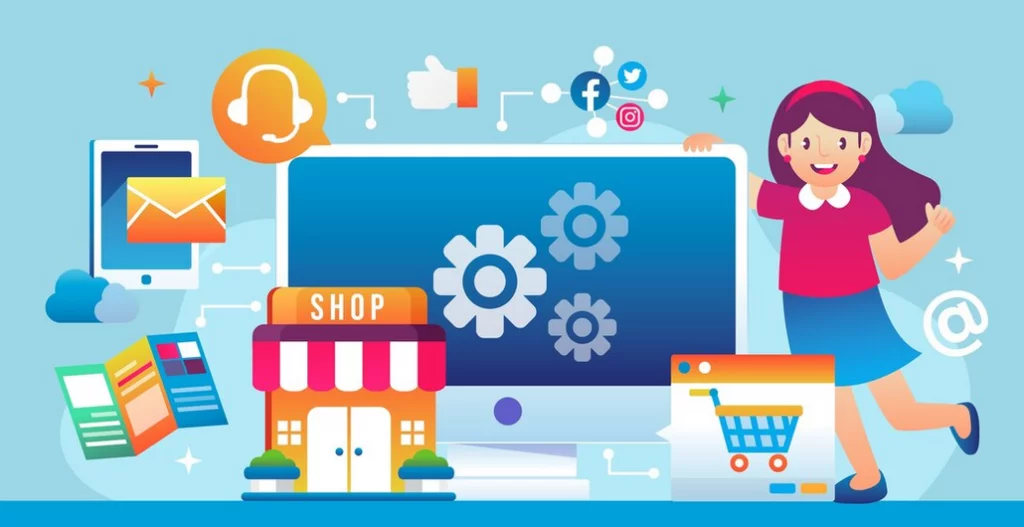
In ecommerce marketing, data reigns supreme. Leveraging data from inventory management software, customer support tickets, and CRM records allows the creation of personalized offers and messaging.
Top Marketing Automation Tools:
- HubSpot: Comprehensive marketing automation solution.
- Klaviyo: Tailored for ecommerce, offering audience segmentation and detailed analytics.
- Omnisend: Features ready-made templates, audience segmentation, and scalable automation.
Marketing automation enhances customer interaction by sending relevant content optimally, ensuring a consistent brand presence across platforms.
9. Email Automation: Nurturing Connections through Email Marketing
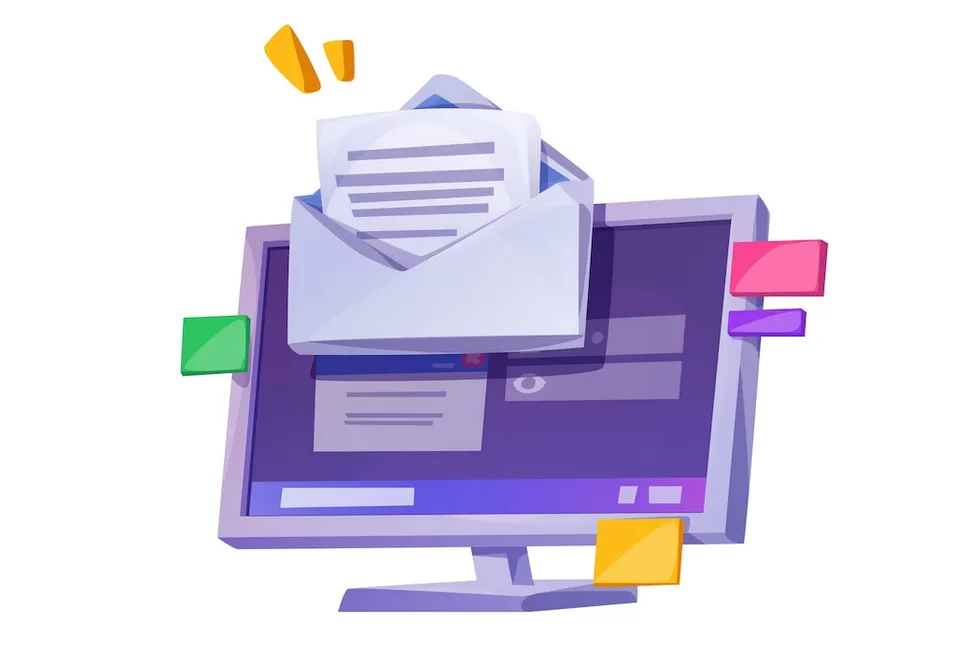
Email automation emerges as a key tool for building lasting customer relationships. Research indicates that 49% of consumers desire weekly promotional emails from their favorite brands. Key practices such as triggered emails, personalized content, and meticulous monitoring of key metrics contribute to email campaign effectiveness.
Leading Email Marketing Tools:
- Shopify Email: Tailored for Shopify users, offering ready-made templates, segmentation, and detailed analytics.
- ActiveCampaign: Provides a drag-and-drop editor, automation for various email types, and detailed analytics.
- Klaviyo: Specializing in e-commerce, featuring audience segmentation and analytics.
- Omnisend: Boasts ready-made templates, audience segmentation, and scalable automation.
When executed with precision, email automation becomes a linchpin for customer engagement, loyalty, and business growth.
11. AI-Powered Advertising and the Power of Automation
In the fast evolving landscape of ecommerce, staying ahead requires harnessing the capabilities of cutting-edge tools, particularly AI-powered advertising platforms. Google Performance Max, Google Responsive Ads, Facebook Automated Ads, and Amazon’s dynamic ecommerce ads stand out as game-changers when utilized effectively.
- Google Performance Max: Precision in Campaign Optimization
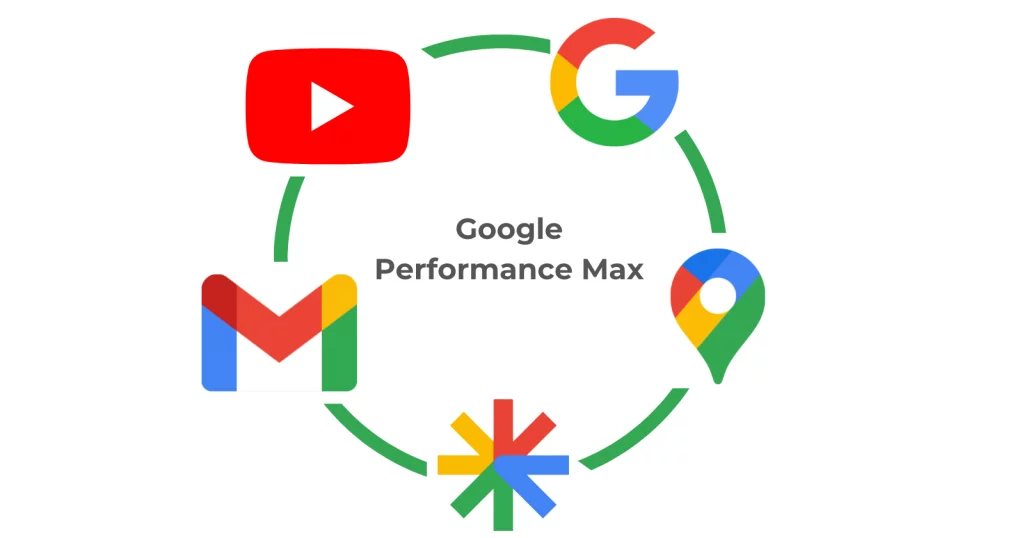
Google Performance Max, armed with machine learning prowess, elevates your advertising strategy by seamlessly displaying ads across Google’s extensive network encompassing search, display, YouTube, and Gmail. This tool goes beyond conventional methods, automatically adjusting bids and placements to maximize conversion value based on your goals. Its dynamic approach ensures your ads are strategically placed for optimal performance.
- Google Responsive Ads: A/B Testing Perfected
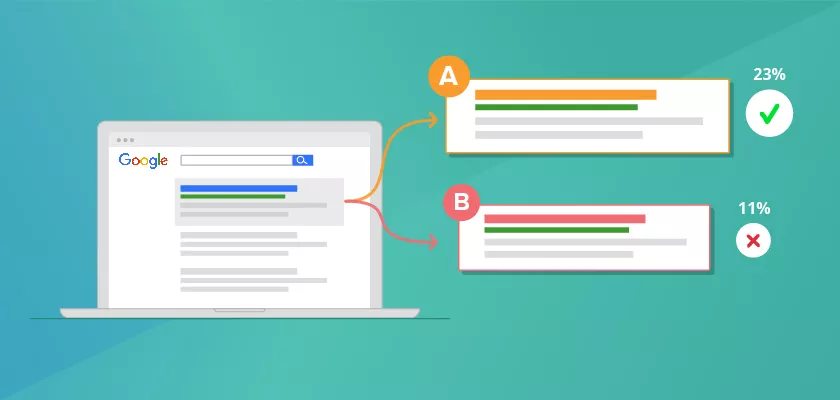
Harnessing the power of AI, Google Responsive Ads takes A/B testing to new heights. It dynamically creates and tests various ad combinations to identify the most effective ones. This tool simplifies the process for advertisers, ensuring that their content resonates with the audience by adapting to changing trends and user preferences.
- Facebook Automated Ads: Personalization and Efficiency Combined
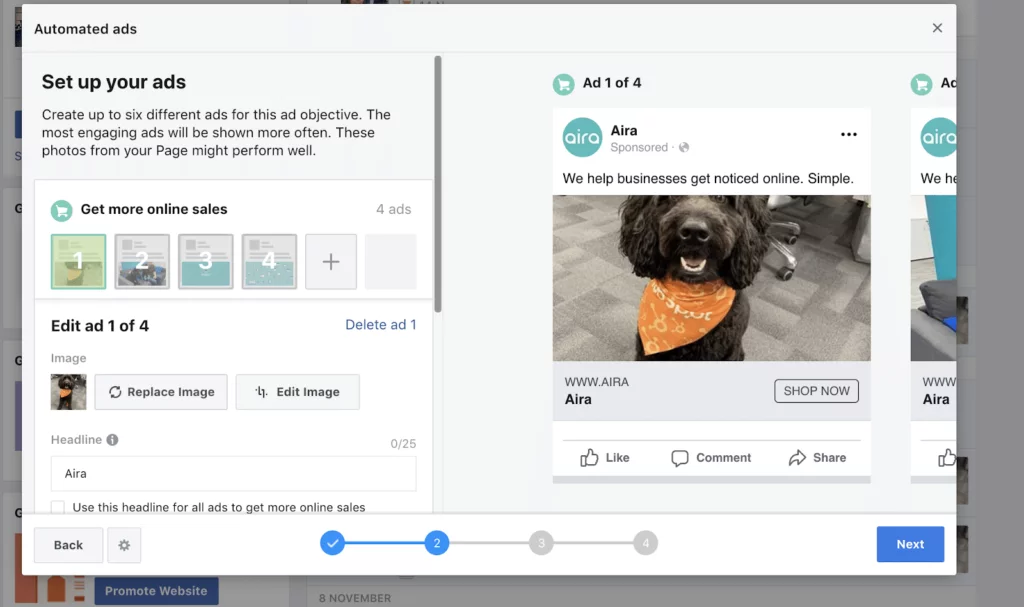
Facebook Automated Ads brings efficiency to the forefront by streamlining the ad creation process. It leverages AI to generate personalized ad content and targeting options aligned with your business goals and audience. This saves time and ensures that your ads are tailored to specific user segments, optimizing engagement and conversion rates.
- Amazon’s Dynamic Ecommerce Ads: Tailored Recommendations for Enhanced Shopping Experiences
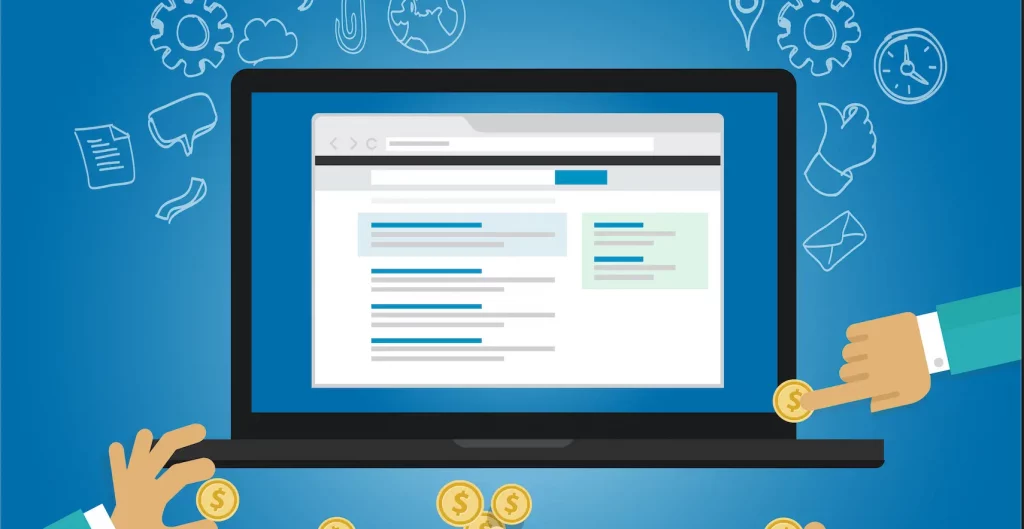
Amazon’s dynamic ecommerce ads leverage the power of AI to provide shoppers with personalized product reccos. By analyzing browsing and purchasing behavior, these ads dynamically display products tailored to individual preferences, enhancing the overall shopping experience. This level of customization contributes to higher conversion rates and increased customer satisfaction.
Conclusion:
Embracing ecommerce automation is not just a trend; it is a strategic choice for businesses seeking to thrive in the dynamic online landscape. By harnessing the collective power of advanced tools, plugins, and established platforms, businesses can navigate the complexities of ecommerce with agility, efficiency, and a forward-looking approach.
FAQs on Ecommerce Automation:
How Can Ecommerce Automation Improve Customer Service?
Ecommerce automation, particularly through tools like Tidio and Richpanel, streamlines customer support by incorporating AI-driven chatbots, self-service portals, and efficient ticketing solutions. This ensures faster response times and enhanced customer experiences.
Can Ecommerce Automation Enhance Security Measures Against Fraud?
Absolutely. Tools like SEON and Riskified leverage AI to identify and pause high-risk orders, providing automated alerts to the team for potential fraudulent activities. This proactive approach is essential for safeguarding customer trust and maintaining brand reputation.
How Does Ecommerce Automation Impact the Customer Journey?
Ecommerce automation tools like AddSearch, InfiniGrow, and Totango influence the customer journey by providing personalized experiences. These tools analyze customer behavior, offer relevant recommendations, and contribute to shortening the sales cycle, ultimately enhancing the overall customer experience.
Is Email Automation Effective for Building Customer Relationships?
Email automation is highly effective for building lasting customer relationships. Platforms like Shopify Email, ActiveCampaign, and Klaviyo offer ready-made templates, audience segmentation, and detailed analytics to craft personalized and timely email campaigns.



